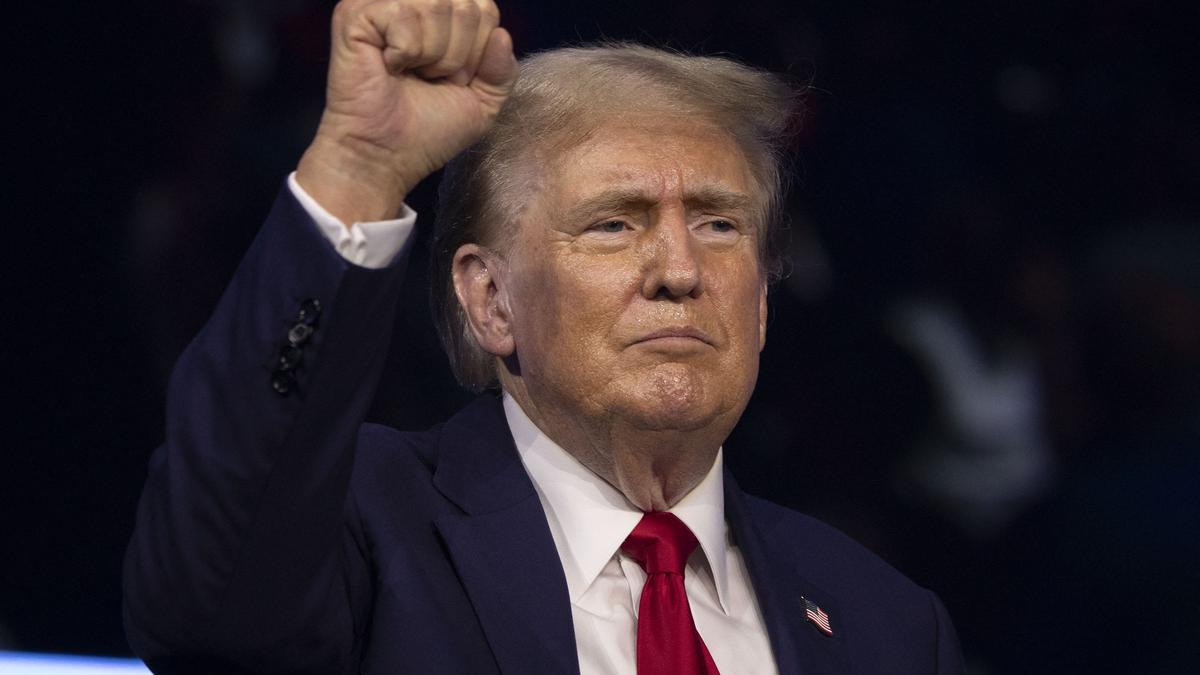Education experts have voiced their views on reducing the GST slab on education products and services from 18% to 5%. Image for representation purpose only.
As the nation gears up for Budget 2024-25, the vice-chancellors of Delhi University and Jawaharlal Nehru University expressed hope for increased investment in education to boost entrepreneurship, and innovation, and help the country become a knowledge power. Some experts in the education sector also urged the government to reduce the GST slab on educational products and services from 18% to 5%.

Finance Minister Nirmala Sitharaman will present the Union Budget 2024 on July 23. This is going to be the first Budget of the National Democratic Alliance (NDA) after they won the Lok Sabha Elections 2024.
Speaking to ANI ahead of the budget, Delhi University Vice Chancellor Yogesh Singh felt the need for more debates on investing in education. “There is always a need to invest more in education, there is no debate on that. We are very happy and waiting for the Union Budget. When it comes to the University of Delhi, we are getting adequate grants from the Government of India. Last year also we received adequate funding from the Government. There is always a need to invest more in education, there is no debate on that,” he said. “When we have taken a ‘Sankalp’ for Viksit Bharat by 2047, this will not happen without the active participation of higher education of our country,” he noted.
Echoing similar sentiments, JNU Vice-Chancellor Prof. Santishree Dhulipudi Pandit said, “To become a knowledge power, the investment in education has to grow. If the best education is given to all, it makes a huge difference on the impact and quality of graduates who can compete nationally and internationally.”
Other experts in the education sector urged the government to elevate the investment in education. The ed-tech sector anticipates increased funding and supportive policies that can drive significant advancements in educational technology. Aarul Malaviya, founder of Zamit (an AI-driven ed-tech platform) believes that this budget presents an opportunity to address these needs by allocating funds towards enhancing internet connectivity, providing modern devices, and ensuring that both teachers and students are well-equipped to leverage these technologies.

“We also hope to see initiatives that promote innovative learning technologies, such as artificial intelligence, virtual reality, and personalised learning platforms,” Mr. Malaviya said.
Meanwhile, Praveen Singh, CEO at AASOKA by MBD Group (an innovative blended learning solution) called for transforming school and college systems. “However, to truly foster educational innovation and transformation, the government must increase the education sector’s budget and reduce the GST slab from 18% to 5% on educational products and services. This reduction will vastly improve access to affordable and high-quality education for all,” he added. He also said lowering the GST rate on upskilling programmes in the upcoming Union Budget will democratise access to quality education, fostering innovation and employability.








